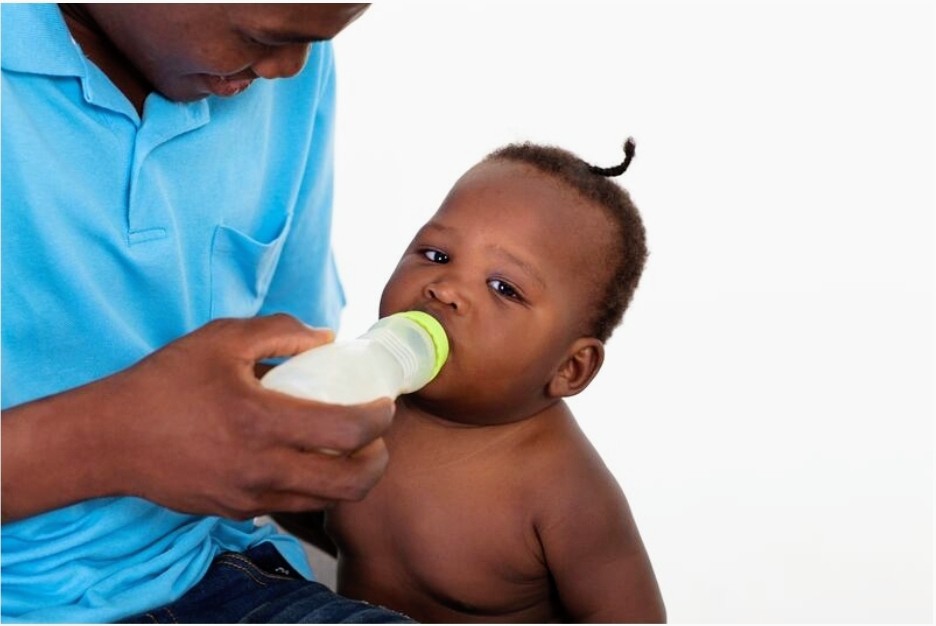
Wayne Lumbasi
Nestle is facing intense criticism after being accused of selling baby cereals with high sugar content in Africa while offering sugar-free versions in wealthier markets.
A report by the Swiss NGO Public Eye, in collaboration with civil-society groups across more than 20 African countries, analysed nearly 100 samples of Nestlé’s Cerelac infant cereal. The results have raised concerns about infant nutrition and corporate ethics.
Laboratory tests revealed that over 90% of the Cerelac samples contained added sugar, averaging around 6 grams per serving roughly one and a half teaspoons. In some cases, such as a product sold in Kenya for six-month-old infants, sugar content reached 7.5 grams per serving. These findings highlight a stark contrast with European markets, where Cerelac reportedly contains no added sugar.

Health advocates warn that early exposure to sugar can shape taste preferences and increase risks of obesity and related diseases later in life. The World Health Organization (WHO) recommends that foods for children under three should have no added sugars. Critics argue that Nestlé is applying a double standard by providing less healthy products in Africa compared to Europe.
Nestle has responded by rejecting the allegations, stating that the report is misleading because it counts naturally occurring sugars in milk and cereals as added sugar. The company insists that its sugar levels comply with international standards, including Codex Alimentarius, and meet local regulatory requirements. Nestlé also emphasizes that sugar-free variants are already available in 97% of its markets, aiming to reach full global availability by the end of 2025.
Despite these assurances, civil society organizations remain unsatisfied. Nineteen groups from 13 African countries have called on Nestlé’s CEO to immediately stop selling sugary cereals in Africa, arguing that African babies deserve the same nutrition standards as those in wealthier countries.

The report comes at a time when Africa is facing a “double burden” of undernutrition and rising childhood obesity, making the issue of added sugar in infant foods a critical public health concern. Beyond nutrition, the controversy raises ethical questions about whether multinational companies prioritize profits over the health of the most vulnerable.
With growing pressure from advocacy groups, Nestle’s promise to phase out added sugar will be closely watched, especially as the 2025 target approaches. The unfolding debate highlights the urgent need for stronger regulation, transparent labeling, and equitable standards for infant nutrition across the globe.
HEALTH NEWS
WORST CHOLERA EPIDEMIC IN A GENERATION HITS AFRICA
AFRICAN COUNTRIES BOOST FAMILY PLANNING FUNDING AMID AID CUTS
SOUTH AFRICA MAKES HISTORY AS FIRST AFRICAN NATION TO APPROVE TWICE-A-YEAR HIV PREVENTION JAB








